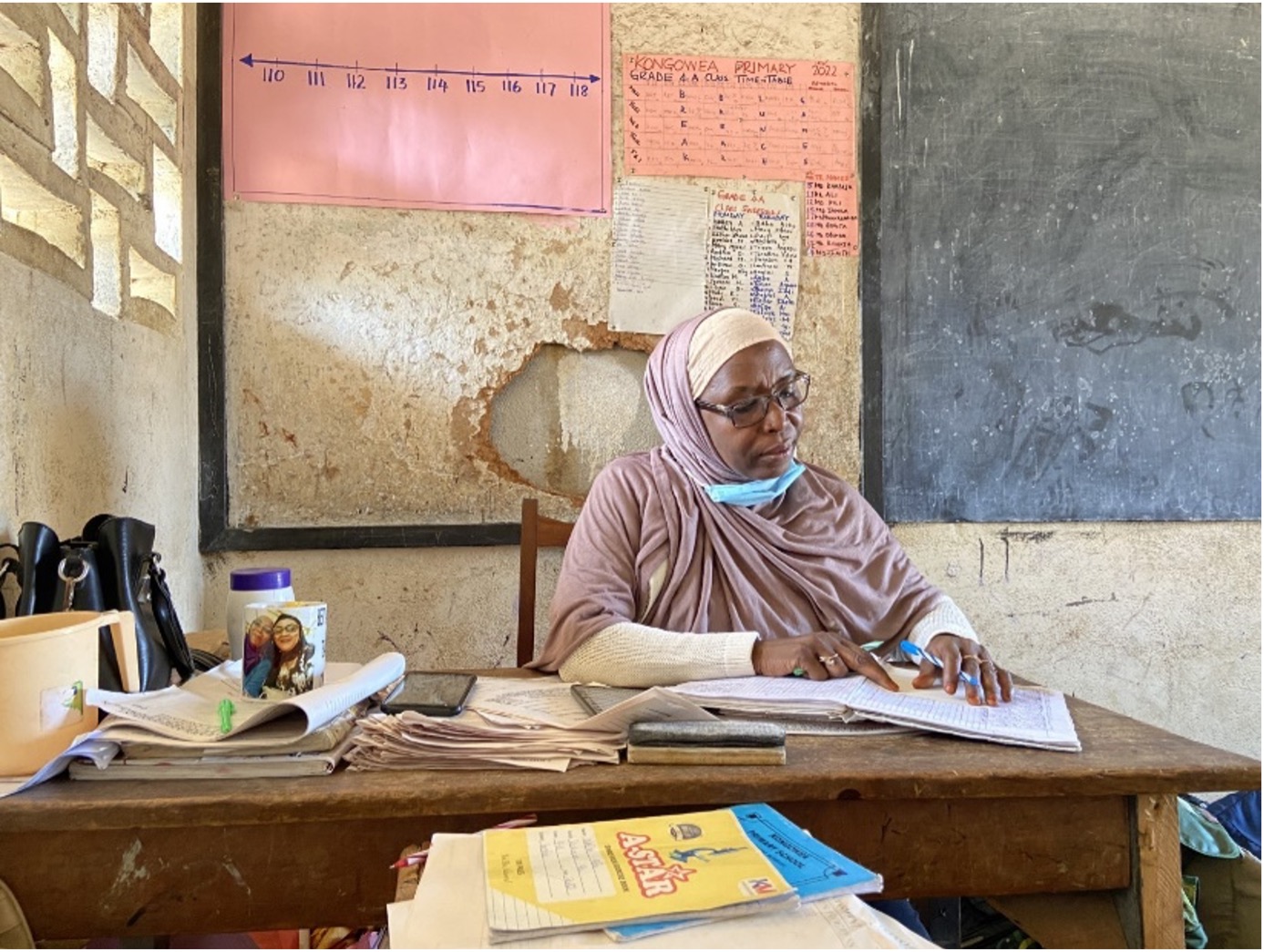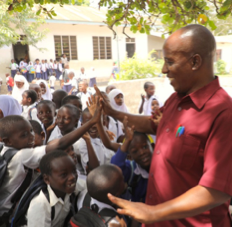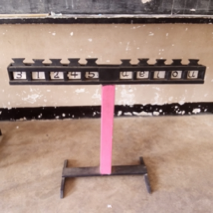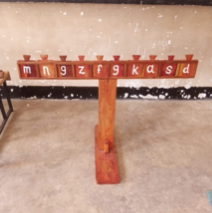
Learning to read and write is hard work. To succeed, children need teachers with diverse teaching tools and skills who are also motivated, caring, and have a positive attitude toward their profession and students. By taking a values-based approach, the Aga Khan Foundation (AKF) enables teachers to develop their professional knowledge, skills, and attitudes, to effectively deliver an inclusive learning environment to improve child literacy and foundational learning outcomes.
Aligned with USAID’s goal to provide students with critical support in basic education and social emotional learning, AKF hosts child-centered approaches to teaching and learning, use of local language, and appropriate interaction between caregivers and learners through Values Based Education (VBE). This enables teachers to reach beyond the day-to-day curriculum to explore their own attitudes, values, biases, and relationships in and out of the classroom. This transformative journey enables teachers to become more aware of themselves, become more empathetic, and give learners a deeper sense of belonging.
Aisha Abeid, an experienced VBE facilitator, reflects on how the process has been “a very rewarding journey… I have seen teachers who now believe more in their role as educators in providing an inclusive environment for their students.”
One such teacher is Mrs. Mwanakombo Popo, a veteran teacher of 22 years based in Mombasa, Kenya. Since leveraging VBE, she has made her classroom more inclusive and responsive to diverse young learners.
Mrs. Popo now allows children of different reading abilities to read at their own pace, rather than pushing everyone to read at the same level. Using differentiation in the classroom, all children are now improving, rather than some being left behind. Beyond this impact on literacy, Mrs. Popo also uses more child-centered approaches such as ‘Think, Pair, Share’ which enables children to think alone, discuss in pairs, and share with the class.
As a result, she has seen more active participation in her classroom and children’s self-esteem increase. For Popo, she has found greater meaning in her work, remarking “I am now fully committed to teaching. I have taken it on as a personal responsibility, not just a task set by my employer.”
AKF supports such committed teachers to design classroom-based solutions to improve literacy and foundational learning outcomes. Schools2030, a 10-year, 10-country program, is a three-step approach – Assess, Innovate, Showcase – enables teachers to undertake a Human Centered Design process to spark teacher innovation.

Another teacher, Solomon, recognized that his children were struggling in literacy, numeracy, and problem solving. He went through many prototypes before developing the T-Learning Solution, a table-top design where children move letter and number tiles to solve literacy and numeracy problems.


Solomon built six of them after he saw children creating puzzles for each other and solving them together, on their own time. To date, this solution has benefitted 200 learners at Taongoma Primary School in Tanzania. Thanks to Solomon, AKF will further invest in T-Learning to improve literacy and foundational learning for children across East Africa and beyond.